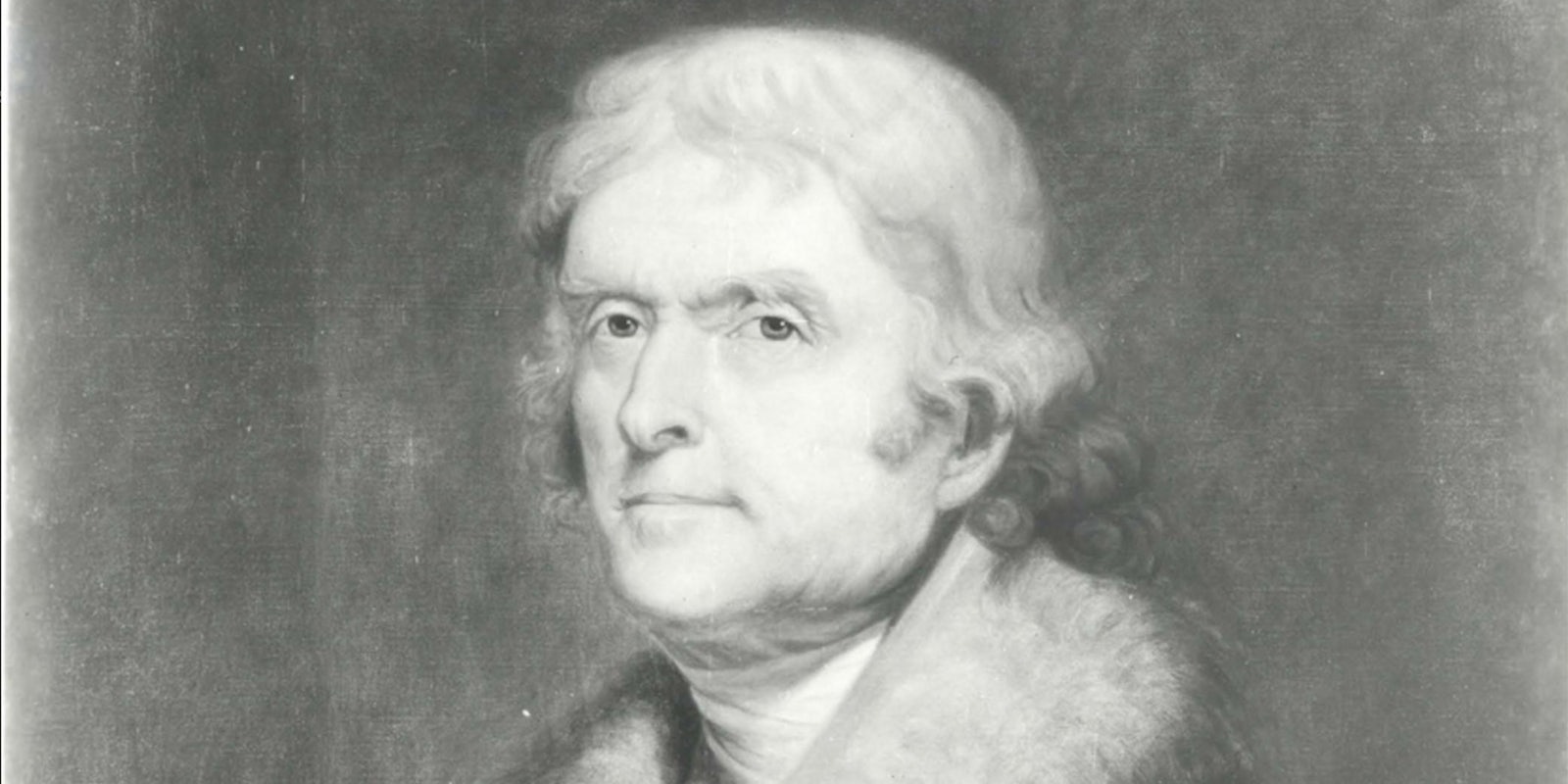News of Supreme Court Justice Antonin Scalia’s death couldn’t have arrived at a more contentious hour.
A swift replacement of the high court’s longest-serving member was quickly ruled out Saturday afternoon by Senate Majority Leader Mitch McConnell (R-K.Y.). “The American people? should have a voice in the selection of their next Supreme Court justice,” he said. “Therefore, this vacancy should not be filled until we have a new president.”
Despite McConnell’s disapproval, presidents dating back to George Washington have made election-year Supreme Court nominations—a power bestowed upon the presidency by the very Constitution America’s founders wrote.
Article Two of the U.S. Constitution charges the sitting president with nominating, “and by and with the Advice and Consent of the Senate,” appointing judges to the Supreme Court.
At time of publication, President Barack Obama has more than 340 days left in the White House.
Sen. Ted Cruz similarly argued against filling the vacancy any time soon moments after Scalia’s death was confirmed. “We owe it to him, & the Nation, for the Senate to ensure that the next President names his replacement,” he wrote on Twitter.
Justice Scalia was an American hero. We owe it to him, & the Nation, for the Senate to ensure that the next President names his replacement.
— Ted Cruz (@tedcruz) February 13, 2016
In a televised address Saturday evening, Obama hailed Scalia for his profound influence on the American political landscape. “He will no doubt be remembered as one of the most consequential judges and thinkers to serve on the Supreme Court,” the president said. “Justice Scalia dedicated his life to the cornerstone of democracy: the rule of law.”
Obama added that he planned to fulfill his “constitutional responsibility” to replace Scalia “in due time.” In turn, he expects the Republican-controlled Senate to fulfill its responsibility “to give that person a fair hearing and a timely vote,” he said.
OBAMA: “I plan to fulfill my constitutional responsibility to nominate a successor in due time.”
— Eric Geller (@ericgeller) February 14, 2016
The appointment of Supreme Court justices during presidential elections is far from unprecedented, practiced by some of the most revered of White House occupants.
The New York Times argues that election-year “Supreme Court confirmation battles” are in fact rare, occurring only five times in the past 100 years; however, that period of time only covers 17 of the 43 U.S. presidents. Go back to George Washington, and you could argue that the practice is practically an American tradition.
For a cursory look at U.S. presidents who’ve appointed justices during elections, one need only open their wallet or purse and produce nearly any denomination of U.S. currency.
In total, 17 Supreme Court justices have been nominated during election years, though some received confirmations following November elections. Since the Civil War, nine justices were appointed by a political party controlling both Congress and the White House.
One of five men to author a first draft of the U.S. Constitution, Chief Justice Oliver Ellsworth, was nominated by President George Washington in March 1796 (an election year) and appointed the following day.
Ellsworth’s most notable contribution to U.S. history is, perhaps, his proposal to adopt the name “United States,” which was previously written into the Declaration of Independence. The alternative, proposed by Virginia Governor Edmund Randolph, was “National Government of America.”
Washington also nominated Declaration signatory Samuel Chase—not to be confused with Chief Justice Salmon Chase (1864 to 1873)—during the same election. His legacy is a bit more controversial than Ellsworth’s, however, as he remains the only Supreme Court justice to be impeached. (Many historians regard the attack against Chase by Jeffersonian Republicans as a political maneuver, however, rather than a legitimate response to any ethical or legal misconduct.)
In the election year 1804, incumbent President Thomas Jefferson nominated South Carolina judge William Johnson to the Supreme Court. Likewise, Associate Justice Philip Barbour was nominated by Democratic Party founder Andrew Jackson during the 13th quadrennial presidential election.
https://twitter.com/ggreenwald/status/698654366321000448
Most recently, Supreme Court Associate Justice Anthony Kennedy was nominated by President Ronald Reagan on Nov. 30, 1987, in the midst of more than a dozen ongoing presidential campaigns. Despite Sen. Cruz’s claims during Saturday night’s debate, Kennedy assumed the bench on Feb. 22, 1988, just 10 days after that election year’s Iowa caucuses.
It’s noteworthy, however, that Reagan had 18 months to fill the vacancy and nominated Robert Bork five months prior. Democrats, led by Sen. Ted Kennedy, stymied Bork’s confirmation. Six of the Senate’s 45 Republicans also voted against Bork. Nowadays, when a politician or public figure endures systematic attacks against their credibility, they are said to be borked.
While appointing Supreme Court justices in election years may have ample precedent, that doesn’t mean Obama has an easy task ahead of him. Only twice has a president’s nominee sailed through to confirmation when the Senate was controlled by the opposition party.
Politics, history shows us, tends to get in their way.
Photo via U.S. State Department/Flickr (PD)


